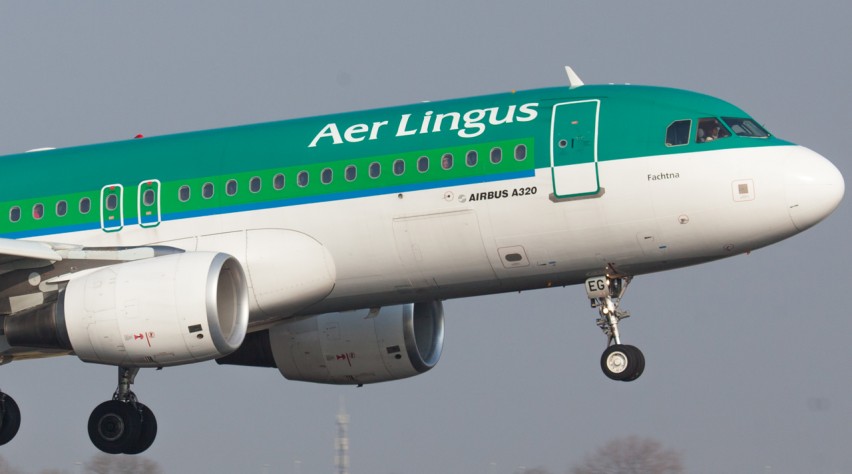

“While AirTags aren’t perfect (they rely on Apple’s ‘Find My’ network, so they’re not as reliable in scarcely populated areas), they’ve given travelers the power of knowing exactly where their bag is in many cases before airline representatives can do the same.”īoland says travelers are taking matters into their own hands for one reason: “Too many airlines do far too little to track bags down in a timely manner. “In years past, that luxury was largely unavailable as travelers had to wait for the airline to let them know where their bag was – and that could often be hard for airline representatives to actually track down,” she says. “Ultimately, AirTags give travelers the peace of mind of knowing where their most prized possessions are at all times,” says Emily McNutt, senior travel editor at CNN Underscored, which has named the trackers the “ ultimate travel companion this summer.” The site has also compared AirTags against Tiles and Samsung Galaxy SmartTags, as well as reviewing Chipolo products. Trackers like AirTags are the best weapon consumers have faced with overwhelmed airlines. He was, he says, “desperate,” as the bag contained a precious item belonging to his daughter. It was no rush job – Rawat says he “spent a few hours scouring the internet for airport maps,” overlaying his AirTag location map against them. The six-page document gave a detailed description of the bag, and included maps, satellite photos, Google Streetview screenshots and an annotated map of Heathrow Terminal 4, marking the exact building which he deduced the bag was in. In desperation, after 34 days, he created a PowerPoint presentation, entitled “Helpful hints to find my suitcase.” Virgin said that staff were “trying to locate the bag” – despite him showing them exactly where it was. Rawat – CEO of Zinrelo, which powers loyalty programs for brands – sent screenshots of its location to no avail. Yet nine days after his flight, his AirTag was still showing at Heathrow. Two days later, his airline, Virgin Atlantic, emailed to say that the bag had been located and would be returned to him “soon.” Jai Rawat was traveling home from London Heathrow to San Francisco in January when his bag went missing. Jai Rawat sent Virgin Atlantic a PowerPoint presentation to get his bag back. That’s not just the odd bag going missing, but planes taking off with no luggage because staff shortages meant it wasn’t possible to load them in time,” he warns. “There remain significant problems with lost luggage this year, and this is likely to be worse still in the peak travel period this summer. “The sudden surge in travel has led to increased disruptions that are compounded by a shortage of skilled staff,” Thomas Romig, vice president for safety, security and operations of the Airports Council International (ACI) wrote in a report this year for SITA.Īnd 2023 could be even worse, according to Rory Boland, editor of UK-based consumer magazine Which? Travel. However, you don’t have to have a complex itinerary for the airline to lose your bag – a whopping 17% of mishandled bags in 2022 were simply never loaded onto the plane in the first place. Out of every 1,000 bags to take to the skies, 7.6 were lost last year, compared to 4.35 per 1,000 in 2021 and 5.6 per 1,000 in 2019.īags for international flights are eight times as likely to be mishandled than those on domestic flights, due to the likelihood of them being transferred (connections account for nearly half the incidents). The bag mishandling rate was up 74.7% in 2022 compared to the previous year, according to data from SITA, which offers various IT solutions (including baggage tracking) for the aviation industry.


 0 kommentar(er)
0 kommentar(er)
